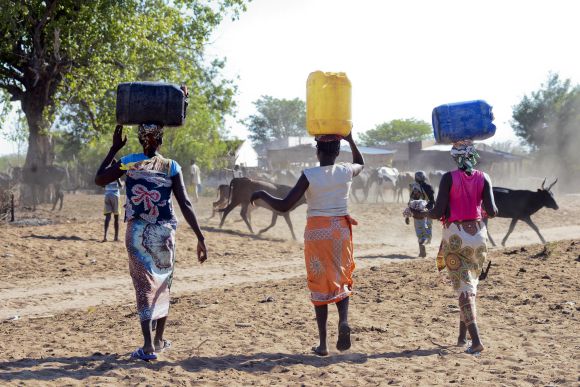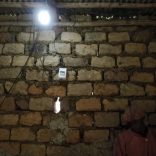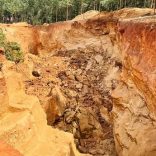Oil India sees restart of Mozambique LNG project by year's end
Lack of “legislative incentive” and taboos bar women from extractive industries

Lusa (File photo)
The lack of legislative stimulus, taboos and traditions continue to bar Mozambican women from participation in Mozambique’s extractive industries non-governmental organisation Sekelekani concludes in a study released yesterday.
The mining industry is one of the most important in the country, responsible for the largest export earnings, according to data from the Bank of Mozambique.
However, access to this world of work is blocked for women because of “[gender] discriminatory traditions,” and because “the relevant legislation does not provide incentives for a more active participation of women in extractive activity,” the survey says.
The study was conducted between July and August and covered the provinces of Cabo Delgado and Tete, in the north and centre of the country, respectively. The organisation focused on small-scale and large-scale mining enterprises.
In addition to the high levels of illiteracy, the study reveals that excessive bureaucracy in the legalisation of women’s associations has also contributed to the absence of female labour from the extractive industry.
Another reason advanced concerns the domestic workload of women, the consequence of a culture of subservience in most of Mozambique’s rural areas.
The study concludes women are represented in artisanal mining and the provision of food in the extractive industries, but these are “low-income businesses, compared to the extraction of gold and precious stones, where men predominate”.













Leave a Reply
Be the First to Comment!
You must be logged in to post a comment.
You must be logged in to post a comment.